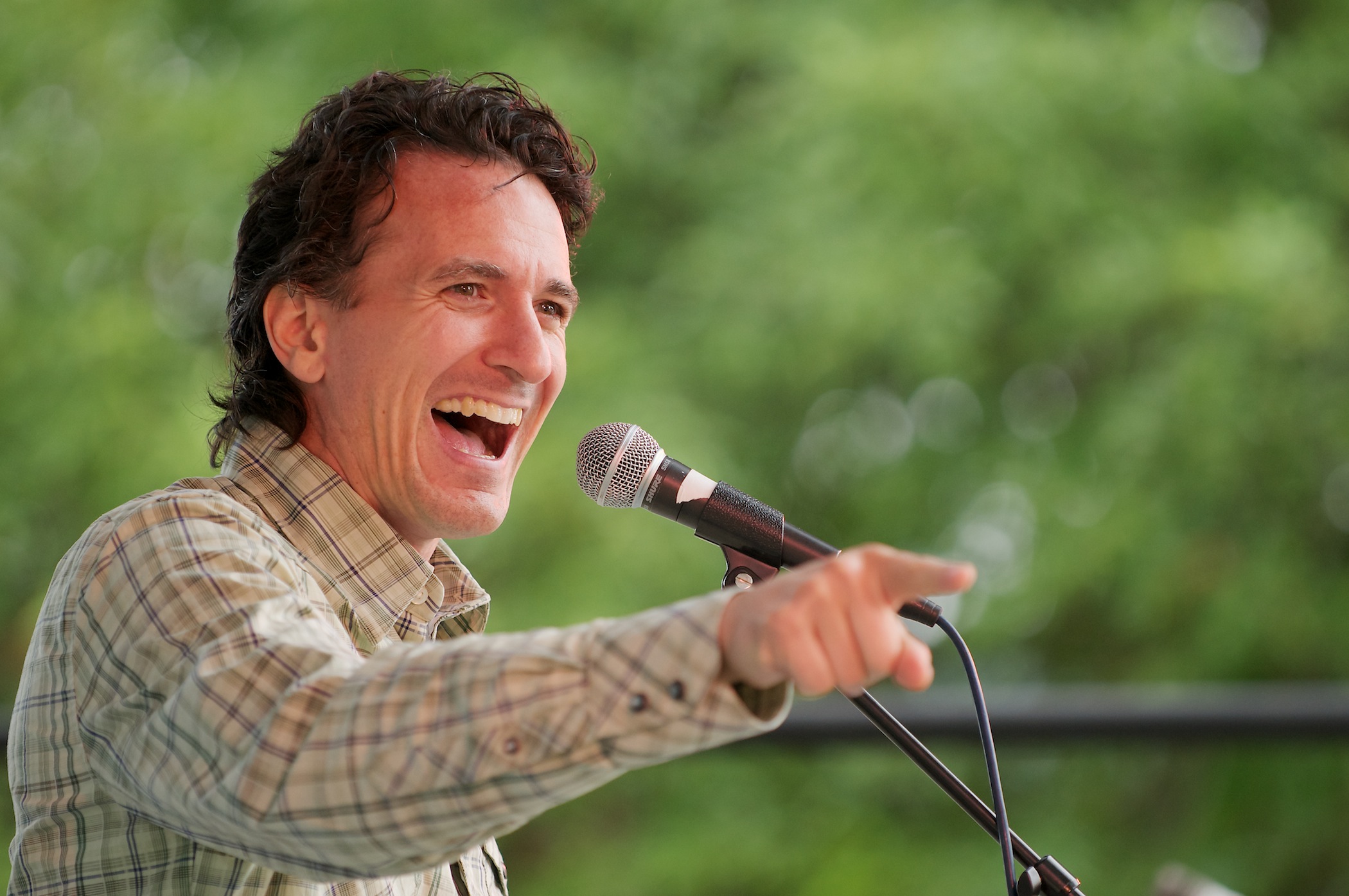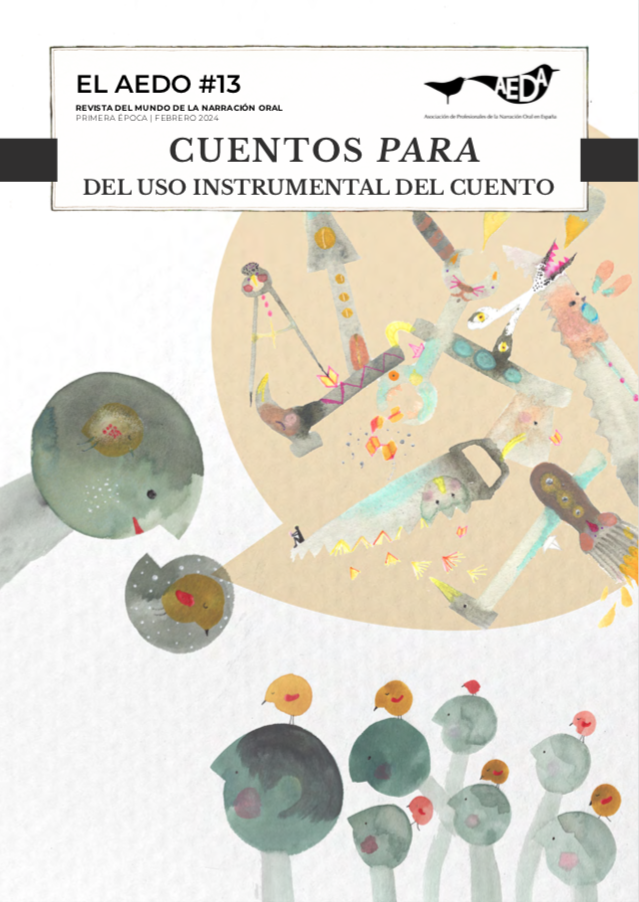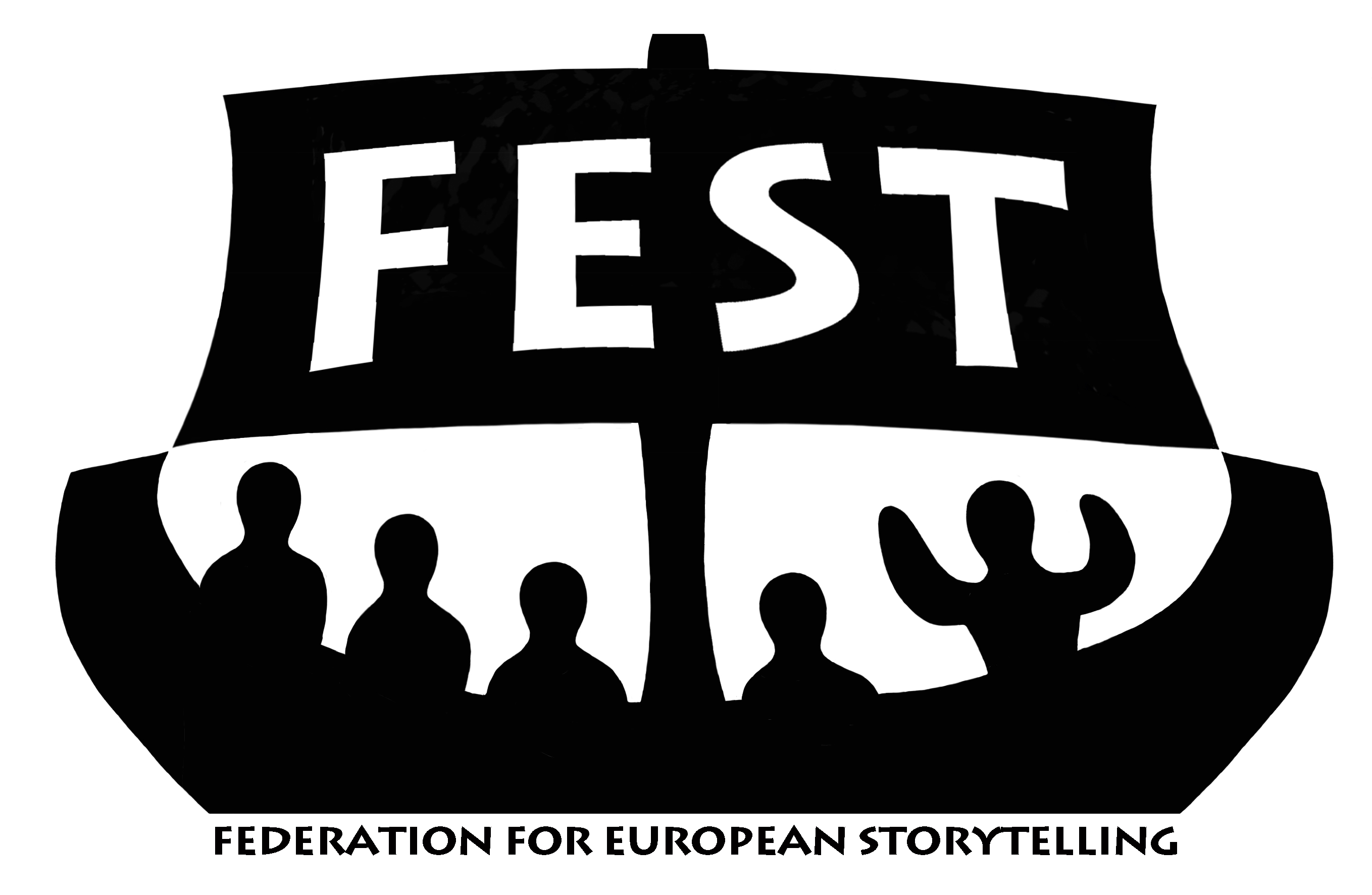Counter storytelling to challenge stereotypes
Two things you need to know about me: I do not tell stories only to entertain or share my Latin American culture; I tell stories to renegotiate grounds with the audience, to exchange ideas about the world. Second, I believe that when a storyteller likes a story the story should like them back. In other words, if both do not fall in love the story will only serve to entertain (hopefully).The tale will be another story told by another storyteller. When the storyteller believes and understands the story it can become a meaningful version of the past that is sharing its light in the present.Although, it may appear that telling stories is quite simple, the tricky part is performing a story that has nothing to do with you. In other words, if the storyteller fails at delivering the originally meaning of the story and takes liberty in shaping it according to their personal beliefs, they might be contributing to distort the originally message or even worse reinforcing a cultural stereotype.
I recall a story slam where we had to bring a myth or legend from an assigned part of the world. One of the contestants brought a South American myth and this storyteller could not be more different from the average Latin person. The version of a Peruvian Myth delivered was quite entertaining. We laughed a lot, but the storyteller stereotyped the main character by portraying her as a woman of dubious reputation. To do that with the Greek gods is one thing, but with a tale of a culture that still exists and is still discriminated against is another. For instance, many Native North Americans do not like at all when the white man tells their stories, and I can understand why. Usually their stories are performed out of their original context and instead of bringing understanding on a culture it obscures it. Now I honestly do not have a problem with telling stories from other cultures, as long as the storyteller takes the time to research about it, drop their own cultural perspective, and make a sincere effort to empathize with the culture through the story.












